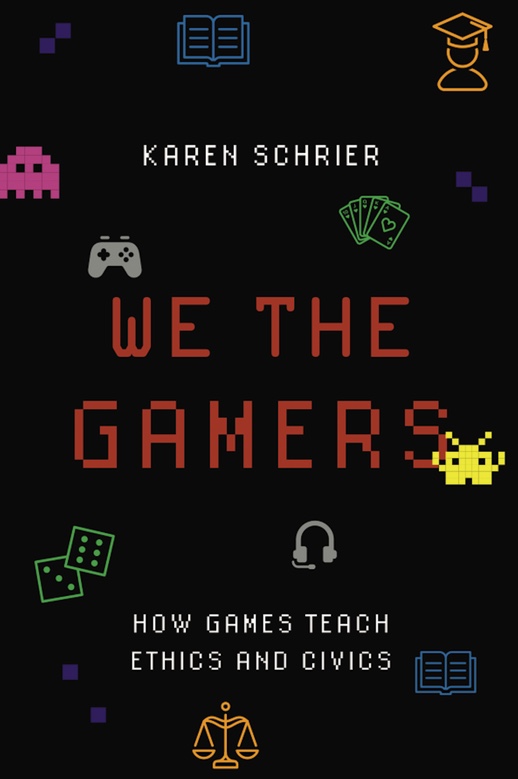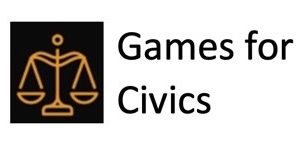
We the People
Read the full introduction to We the Gamers in the Journal of Games, Self & Society (Vol. 3, No. 1). It is free to download the entire issue at this link.
Or, read the full introduction on the Oxford University Press website (you may have to log in)
In 2020, all of the world’s citizens were embroiled in a global pandemic. The virus, SARS-CoV-2, quickly spread to all continents, countries, and corners of the Earth. As the numbers of sick people increased daily, the world also started to realize how much we, the people, rely on each other. We depend on each other to stay healthy, or to stay home when not healthy. We depend on each other to make ethical decisions about how to live and work. If we are in a country that allows representative elections, we depend on each other to vote for people who will govern ethically, responsibly, and scientifically. We depend on each other to serve as first responders, essential workers, and caregivers, and to make sure that we are all fed, sheltered, and healed. And we de- pend on each other to help find answers and repair us—to connect and contribute to solving the world’s pressing problems. Whether it is a pandemic or an environmental crisis, we are all in this life together.
Yet we also realized that even though we are all human, we are not all participating in humanity equally and equitably. The pandemic further revealed a systemic “survival gap,” where people differentially have access to the means to survive—such as the healthcare, social, and financial opportunities to be protected and safe. Beyond a health crisis, we started to see what was already there—a public in crisis. We collectively saw how systemic economic, social, and cultural chasms, like racism and oppression, were cracking at the façade of a shared, just world. We realized that we are in a values crisis, too.
Ethics and civics have always mattered. But now, perhaps more than ever before in our lifetime, it is becoming evident how much they matter. We realize firsthand how much our decisions and actions affect and are affected by others in the world. Civic participation and ethical decision making have public consequences. What someone does in a mall in Idaho affects someone in a school in Bangalore, India, which affects someone in a church in Lagos, Nigeria, and so on. Who we elect, and how we govern, matters. Not only do we need to learn ethics and civics, but we need to teach each generation, model it for every peer, and share it with our neighbors, families, and faraway friends. Personal responsibility for ethical and civic education is a collective necessity.
Read the full introduction in the Journal of Games, Self & Society (Vol. 3, No. 1). It is free to download the entire issue at this link.
Or, read the full introduction on the Oxford University Press website (you may have to log in)
